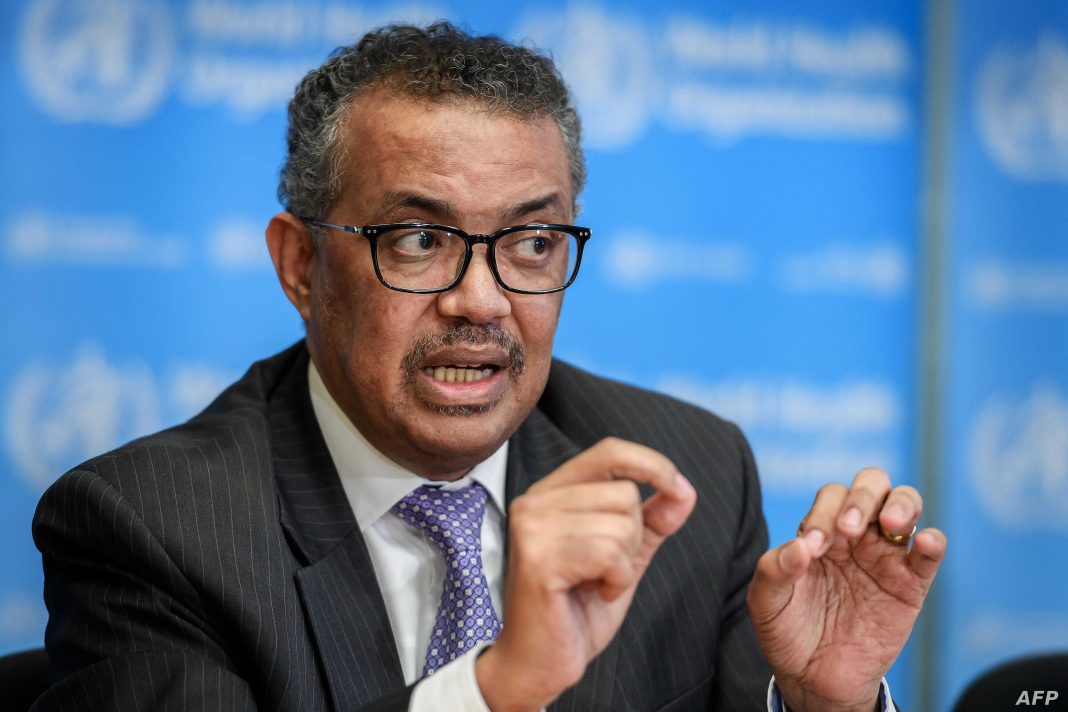The Director-General of world health organization (WHO) Tedros Adhanom Ghebreyesus has revealed that further national lockdowns imposed in various countries can be avoided.
Ghebreyesus said with the right mix of targeted and tailored measures, further national lockdowns can be avoided and focus on preventing amplifying events, empowering people to protect themselves and public health basics.
“Several countries are using a data-driven approach to drive a targeted response. This is allowing them to open up carefully and safely, while remaining ready to respond rapidly to any new clusters or amplifying events.” He said
Globally, non-communicable diseases (NCDs) and their risk factors are increasing vulnerability to COVID-19 infection and the likelihood of worse outcomes, including in younger people.
The odds of developing severe COVID-19 have been found to be as much as seven times higher in patients with obesity.
He said the pandemic has underscored the urgency of addressing NCDs and their risk factors. “Next week is Global Week for Action on NCDs, which aims to increase accountability by governments, policy makers, industries, academia, and civil society to reduce the NCD burden globally and increase health and equality.” He said
“I am pleased to launch a set of publications that have been developed under the UN NCD Inter-Agency Task Force that call for urgent action on NCDs during and beyond the pandemic.”
“We call for the voices of people living with NCDs to be heard in all discussions about policies that directly affect them and global financing instruments to be extended to low-income countries that request support for NCDs.”
Earlier this week, WHO issued new guidance on the use of corticosteroids to treat patients with severe Covid-19. Evidence shows that corticosteroids can be life-saving for patients on oxygen and ventilators.
However, corticosteroids do not help patients with mild or moderate disease, and can be harmful. “WHO therefore recommends the use of corticosteroids only in patients who are severely or critically ill.”
He said in the interconnected world, if people in low- and middle-income countries miss out on vaccines, the virus will continue to kill and the economic recovery globally will be delayed.
“Using vaccines as a global public good is in the national interest of each and every country. Vaccine nationalism will prolong the pandemic, not shorten it.”
The COVAX Facility is the agreed international mechanism for ensuring equitable global access to vaccines. COVAX guarantees access to the world’s largest portfolio of vaccine candidates.
Only 78 high- and upper-middle income countries and economies have now confirmed they will participate in the COVAX Facility, and the number is growing.
Dr Tedros Adhanom Ghebreyesus







